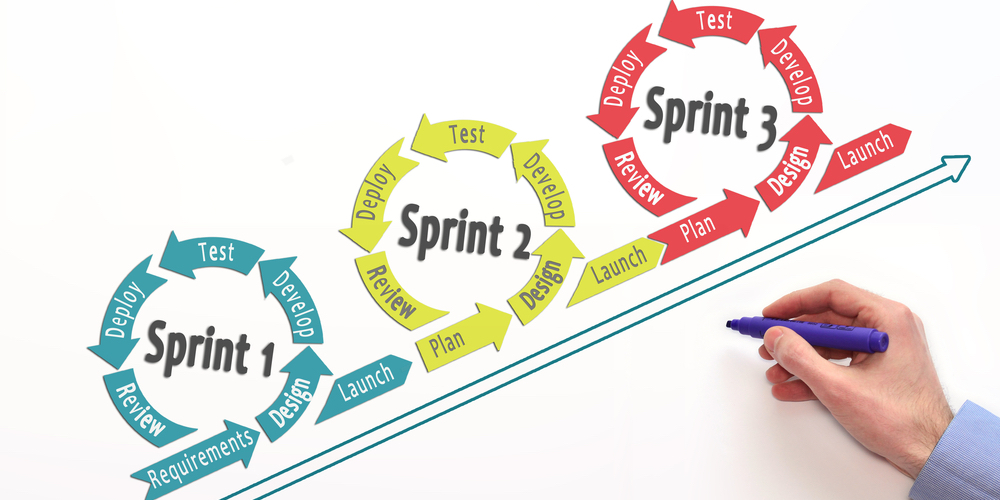How agile working is changing the way benefits are offered

I later realised it meant launching in iterate stages, adapting as you go along. So, you no longer built a whole project and tried to launch it in one go with the idea that it’s “job done” for a few years. It is all about ongoing changes and enhancements.
Within weeks I realised I was also coming across the term in relation to people who work for different employers on a freelance or contract basis. These agile workers are expected to make up an average of 30-40% of workforces in the near future.
Agile working means different things to different people
Although the ‘agile’ concept had no doubt been around for quite a while before I noticed it, to me it suddenly seemed to be everywhere…and meaning slightly different things to different people.
For reward and employee benefit professionals agile working, in whatever context, certainly throws up challenges.
I can think of three key aspects:
1. Impact on technology launches
The obvious one is working in an agile manner, which you are no doubt doing already. You’ll be constantly reviewing, updating, changing and releasing new versions of what you had before. If you’re waiting for things to ‘go back to normal’ when there isn’t constant change … then you’re going to have a long wait! Agile working is the new normal.
Your new benefits platform will be launched in phases and sprints, not in one go; your new compensation programme will be used, feedback taken and adapted before being used again. And so on.
2. Rethinking reward for agile workers
The more challenging aspect of agility for reward and benefits professionals is the agile workforce.
If a significant portion of your workforce is going to be working for you on a contract or freelance basis, can you afford to have that much talent simply being paid via the accounts department, and not being engaged fully in your organisation by the HR department? Depending on how often they work for you, you might already have a benefits hook for them via pensions auto-enrolment. So, should you be considering going further in order to futureproof your hold on these people?
And if you were to do this, what should such a reward and benefits package look like? The only way to know is to ask them, but it could look different to those of permanent staff. For example, they may value group rates to income protection far more highly.
3. All our careers now have to be agile
My final thought is: we all have to think about our careers in an agile manner now – even permanently employed staff. We need to be aware that how we work and what jobs we do will look very different every few years. This means that what an employer offers, the people who work for it, needs to constantly adapt.
Ongoing access to learning and development, the ability to retrain, the use of mentors, will become ever more attractive. Perhaps along with more life coaching, so we can cope where our jobs are disappearing, or being taken over by some form of computers or robots.
Agility is the future, but are we ready?
Hear more on this topic at Innovation Day on 23 November, from Neil Perkin, Author of Building The Agile Business, in the Opening Keynote Address : “Changing HR practice in a time of digital transformation”
See more details of this session and the complete conference programme here.
REBA Professional Members can book free by inputting a unique promotional code. If you haven’t yet received your code, please email us at [email protected]
Sign up to be a Professional Member here, so you can also benefit from attending this event free, plus further membership advantages.






